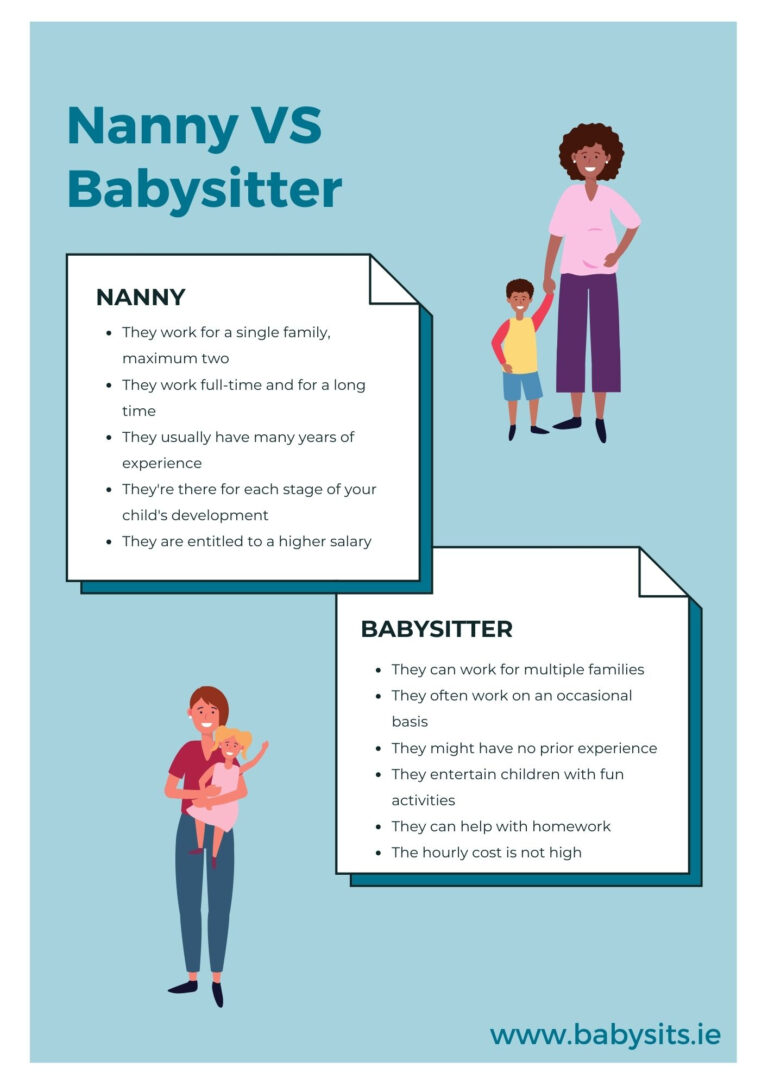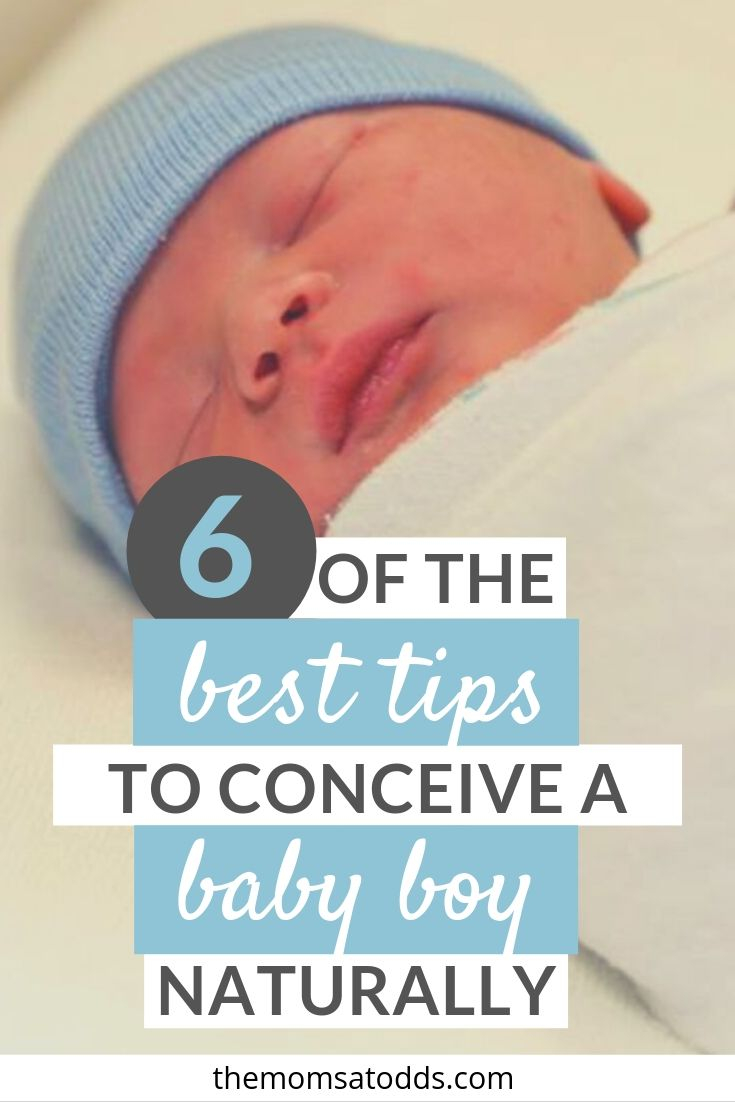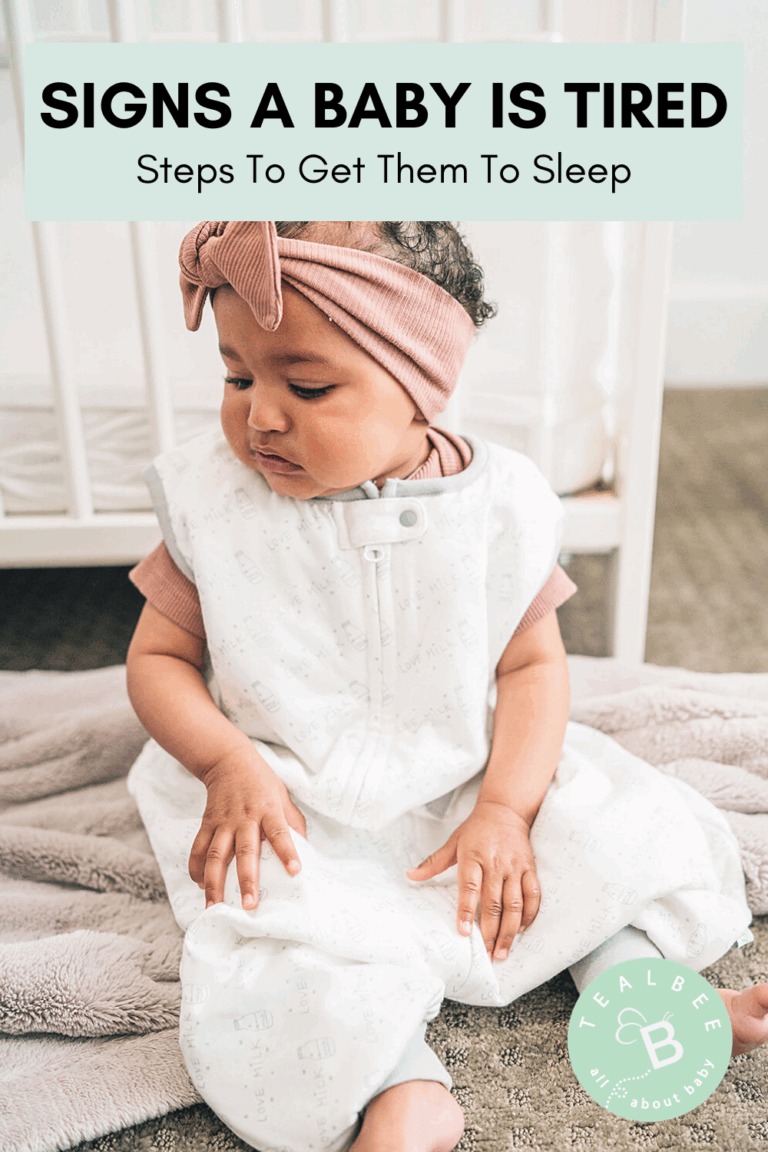2 Week Old Newborn: A Comprehensive Guide for New Parents
Welcome to the incredible journey of parenthood! As your precious 2-week-old newborn enters your life, a world of wonders and responsibilities unfolds. This comprehensive guide will equip you with the essential knowledge and practical tips to navigate this extraordinary chapter with confidence and joy.
From understanding your newborn’s physical and cognitive development to mastering newborn care techniques, feeding and nutrition, health concerns, and emotional well-being, this guide covers every aspect of caring for your little one. Let’s embark on this adventure together, ensuring the health, happiness, and well-being of your precious 2-week-old newborn.
2 Week Old Newborn

Congratulations on your new bundle of joy! Your little one is now 2 weeks old, and you’re probably wondering what to expect in the coming weeks. Here’s a quick guide to help you understand your newborn’s development and needs.
Physical Development
- Your baby will continue to grow rapidly, gaining about 4-8 ounces per week.
- Their head will start to round out, and their skin will become smoother.
- Their eyes will begin to focus, and they’ll start to track objects with their gaze.
- They’ll also start to develop a social smile, which they’ll use to interact with you.
Feeding
Your baby will need to eat every 2-3 hours, and they’ll typically take about 2-4 ounces of milk at each feeding.
If you’re breastfeeding, you’ll need to make sure that your baby is latching on properly and getting enough milk.
If you’re bottle-feeding, you’ll need to choose a formula that’s appropriate for your baby’s age and needs.
Sleeping
Newborns sleep a lot, but they don’t sleep for very long stretches at a time.
Most newborns will sleep for about 16-18 hours per day, but they’ll wake up every 2-3 hours to eat.
As your baby gets older, they’ll start to sleep for longer stretches at a time.
Diapering
Your baby will need to be changed about 8-10 times per day.
It’s important to change your baby’s diaper as soon as it’s dirty, to prevent diaper rash.
When you’re changing your baby’s diaper, be sure to clean their bottom thoroughly with a warm washcloth.
Bathing
Newborns don’t need to be bathed very often.
You can give your baby a sponge bath once or twice per week.
When you’re giving your baby a sponge bath, be sure to use warm water and a gentle soap.
Crying
Newborns cry a lot, but it’s not always easy to figure out why.
Some of the most common reasons why newborns cry include:
- Hunger
- Wet or dirty diaper
- Gas
- Colic
- Teething
If you can’t figure out why your baby is crying, don’t be afraid to call your doctor.
Q&A
What are the common feeding issues in 2-week-old newborns?
Common feeding issues include difficulty latching, colic, gas, reflux, and overfeeding. Consult with a healthcare professional or lactation specialist for guidance.
How often should I change my newborn’s diaper?
Change your newborn’s diaper every 2-3 hours, or more frequently if needed. Use gentle, fragrance-free wipes and pat the skin dry to prevent irritation.
What are the signs of dehydration in newborns?
Signs of dehydration include decreased urination, sunken eyes, dry mouth, and lethargy. Contact a healthcare professional immediately if you suspect dehydration.





